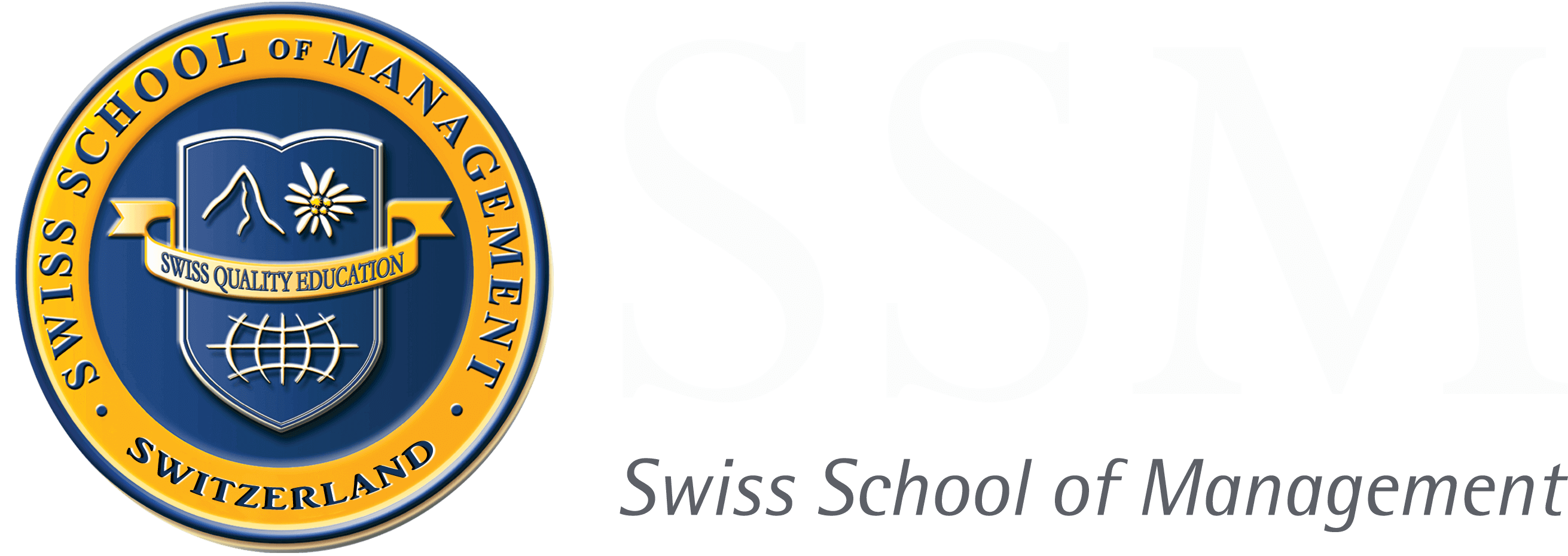By the end of the MBA program you will be able to apply what you have learnt to your company, and elaborate your own business project. You will raise your own questions, decide on methods can be used, and by a comprehensive analysis conclude to your own recommendations. The summary of that business project called Thesis, should present an original argument, business case or business plan that is carefully documented from primary and/or secondary sources.
The thesis must have a substantial research component and a focus that falls within the scope of topics studied during your specialization. It must be written under the guidance of an advisor who is knowledgeable in this area of study. As the final element in the master’s degree, the thesis gives you an opportunity to demonstrate expertise in the chosen research area. The thesis should present and investigate a hypothesis or a research question.
Alternatively, you can construct a business plan. A business plan is a formal statement of a set of business goals, the reasons they are believed attainable, and the plan for reaching those goals. It includes a description of a company or small business, its services and/or products and how the business will achieve its goals.
The plan includes the overall budget, current and projected financing, a market analysis and its marketing strategy approach. In a business plan, a business owner projects revenues and expenses for a certain period of time and describes operational activity and costs related to the business.







